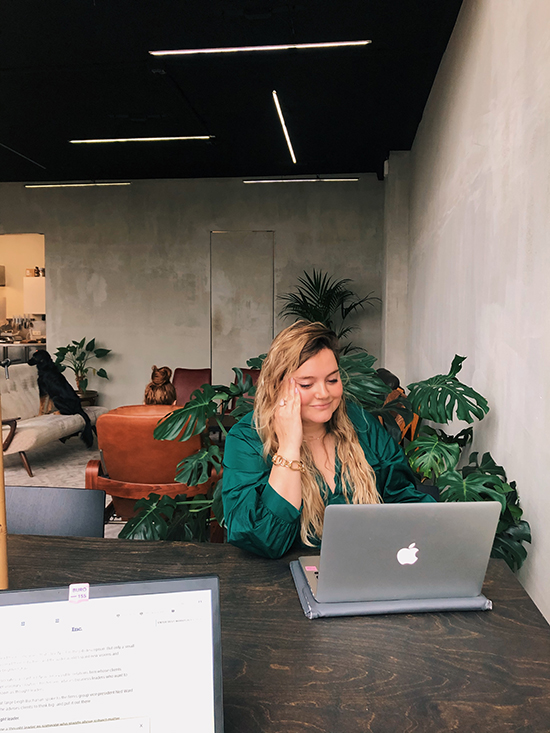It’s been over a year since we entered our first lockdown here in The Netherlands, and most of us are still working from home. In 2020, business publications were abuzz with rumours of major startups giving up on office life, and encouraging staff to work from home forever (looking at you, Twitter!). All too happy to give up expensive office buildings, it seemed like working from home was destined to be the future, for everyone from lawyers to software developers.
Now, however, with Zoom fatigue on the rise, firms are starting to rethink their strategies. Companies like Google, known for setting the new status quo for the startup world, plan to encourage staff to work from the office at least 50% of the time. The youngest segment of employees, millennials and Gen Z, are particularly keen to return to the social setting of the office. While for some, the lack of commute is a welcome change, many report feelings of isolation, burnout and overload. These groups are least likely to have home offices, and usually live with housemates, meaning that working from home comes with additional challenges.
It sounds like fun, until it’s our only option. “I’ve enjoyed working from home, but look forward to returning to the office where in-person interaction leads to more innovation and creativity,” says Hussein Abul-Enein, who works in tech policy. He’s not alone in this view: studies show that a change of scene can boost creativity for one-off projects, which isn’t compatible with the current stay-at-home guidelines. And when it comes to the mundane but necessary tasks like work admin, we’re at least 10% less productive outside of the office thanks to all of the distractions (think: postmen, stray cats, stray children). Storm Gibbons, a government advisor, agrees with Abul-Enein. “On balance, I prefer working in the office,” he says. “It was nice to avoid a long commute at the start of lockdown, but at this point, I’d like the chance to sit on the train and get in the zone before the start of the working day.”
It’s not just people who usually work in an office who are suffering. Molly Fitz is a mental health and psychology writer, and enjoys working from cafes and libraries around Amsterdam. “I feel more creative and can concentrate better when I’ve got external stimuli,” says Fitz. “I’m looking forward to sitting in a buzzing cafe, drinking a nice coffee while I work.”
Like it or not, we’re stuck working from home, at least for the near future. So what can we do to make the experience a little more pleasant? If you’re on a start-up budget and don’t want to spend money on sprucing up your work-from-home space, here are some free adjustments you can make.
Create your own work-corner
If, like most of us, you don’t have the luxury of a designated home office, you can still create some separation by choosing a ‘work-corner’. Move a desk or small table into the corner of the room, and create a set-up that’s at least slightly enticing. Try adding a wall calendar, some post-its, and anything else that signifies ‘work’ to your brain. Gradually, you’ll train your mind to recognise this corner as your work space. The benefits of this are twofold: when you’re in your work-corner, your brain will understand that you’re in work mode, and you’ll be more productive. Similarly, when you finish work, tidy up your corner and retreat into the rest of your living space, your brain will understand that this is time for relaxation.
Use music to signify the end of work
If you’re struggling with work-life balance, this one’s for you. Train your brain to recognise the evening by playing the same song every day when you finish work. It only takes a few days to feel the effect — pick an uplifting song, play it every day when you finish work, and soon, the opening bars will convince your brain it’s time to chill. You can get the same effect with scent, although it takes slightly longer with work. At the end of the work day, spray the same perfume or room spray, or light the same scented candle.
Put your breaks in your work calendar
It sounds simple, but when we’re in the flow, it’s hard to remember to take a break. When you’re in the office, your colleagues all get up around midday to grab some lunch, but at home, you don’t have the same cues. Add a midmorning coffee break and a lunch break into your work calendar — and make sure you stick to it. Get up, walk around, and even better, get some fresh air in the park. Your brain will thank you.
Written by Phoebe Dodds
